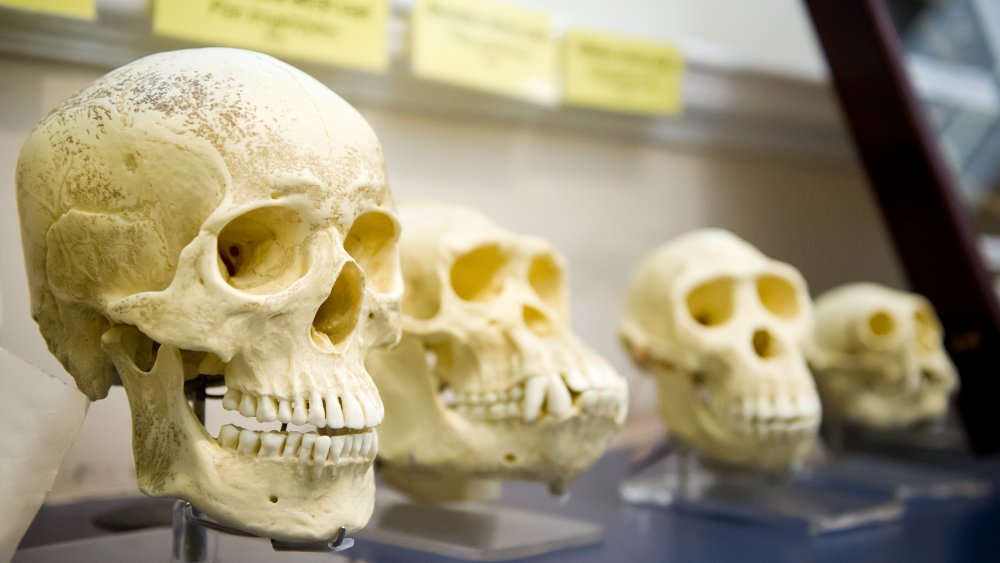Scientists Discovered A 'New Mode Of Evolution'
The study of evolution is a relatively young science, and theories change in small, almost imperceptible ways over multiple generations. There has to be something to compare that to, but we're drawing a blank.
But now, as Patrick Stewart foretold in the opening monologue from X-Men, evolution has leapt forward, as scientists at the Chan Zuckerberg Biohub have observed a new form of inherited biological adaptation rooted not in DNA, but in the molecules attached to its surface.
Hey fungal, let me see what's in them genes
According to Live Science, molecules called "methyl groups" can change the structure of DNA through a process known as epigenetic modification, hitting the on/off switches of an organism's genes. Unfortunately for anyone hoping to nab a set of sweet laser eyes, the big news here is that scientists are mostly excited about how this applies to fungi.
Specifically, researchers were taking a long, hard look at Cryptococcus neoformans, a form of yeast that lost its ability to methylate several million years ago. That's what made it so exciting when they found that C. neoformans, theoretically through this new form of evolution, managed to hold onto its epigenetic changes.
The yeast was on notice for its role in causing fungal meningitis, a disease responsible for around a fifth of all HIV/AIDS-related deaths. University of California San Francisco researchers have been unraveling the fungus's DNA piece by piece for some time, trying to find the chunks of its genetic code that make it so effective when invading the human body. What they found was evidence of a previously unobserved method of passing genes from one generation to the next. Although methylation should, theoretically, have slowly declined as the yeast proceeded from one generation to the next, C. neoformans managed to retain its inherited traits and develop new ones.
Anyway. That's probably enough yeast talk for today.

